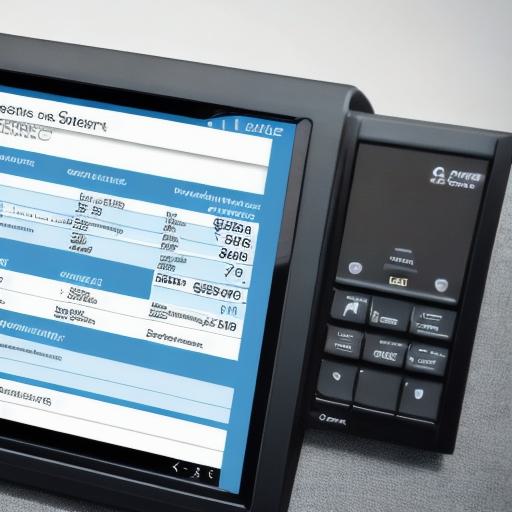Should software expenses be capitalized or expensed

Software expenses are one of the most common and often misunderstood business expenses. Whether it’s a new accounting software, customer relationship management (CRM) tool, or any other type of software, determining how to expense it can be confusing. Some businesses capitalize software expenses, while others expense them. In this article, we will explore the pros and cons of both options and provide practical guidance on how to make an informed decision for your business.
Expensing Software Expenses: The Pros and Cons
Expensing software expenses involves treating them as an immediate expense that can be deducted from taxable income in the year they are purchased. This means that businesses do not have to capitalize these expenses over time. Instead, they can take full advantage of the benefits of the software in the year it is acquired.
Pros:
- Cost Savings: Expensing software expenses means that businesses can claim the full cost of the software in the year they purchase it. This can result in significant cost savings for businesses, especially in the early years of ownership.
- Cash Flow Management: By immediately deducting software expenses from taxable income, businesses can improve their cash flow management and free up capital for other important investments.
- Improved Decision Making: Expensing software expenses allows businesses to quickly make informed decisions about whether to purchase new software or not. This can help businesses stay ahead of the competition and maximize their productivity.
- Competitive Advantage: By expensing software expenses, businesses can gain a competitive advantage by having access to the latest technology and tools without having to wait for years to recoup their investment.
- Simplified Accounting: Expensing software expenses can simplify accounting processes, making it easier for businesses to track and manage their expenses over time.
Cons:
- Depreciation of Assets: When software expenses are expensed, they are not capitalized and treated as assets on the balance sheet. This means that businesses do not build equity in the software over time, which can be a disadvantage if the software has a long useful life and is still being used years after it was purchased.
- Reduced Tax Benefits: Expensing software expenses may result in reduced tax benefits compared to capitalizing these expenses. Capitalized software expenses can be deducted over time, resulting in more tax savings for businesses.

- Loss of Accounting History: When software expenses are expensed, they are not recorded on the balance sheet as assets. This means that businesses do not have a detailed record of their software expenditures, which can be problematic if they need to track these expenses for regulatory or compliance purposes.
Capitalizing Software Expenses: The Pros and Cons
Capitalizing software expenses involves treating them as an asset that is depreciated over time. This means that businesses record the cost of the software as an asset on the balance sheet and deduct a portion of the cost each year as depreciation expense.
Pros:
- Asset Building: Capitalizing software expenses allows businesses to build equity in the software over time. This can be advantageous if the software has a long useful life and is still being used years after it was purchased.
- Increased Tax Benefits: Capitalized software expenses can result in increased tax benefits compared to expensing these expenses. By deducting a portion of the cost each year as depreciation expense, businesses can spread out their tax savings over time.
- Improved Accounting History: When software expenses are capitalized, they are recorded on the balance sheet as assets. This allows businesses to track their software expenditures in detail and ensure compliance with accounting standards.
- Reduced Financial Risk: Capitalizing software expenses can reduce financial risk by ensuring that businesses have a detailed record of their software expenses and can accurately account for them when they need to be used as collateral or for regulatory purposes.
- Better Resource Allocation: By capitalizing software expenses, businesses can make more informed decisions about how to allocate resources and invest in new technology. This can help businesses stay ahead of the competition and maximize their productivity.
Cons:
- Higher Upfront Costs: Capitalizing software expenses means that businesses must pay the full cost of the software upfront, which can be higher than expensing these expenses. This can make it more difficult for smaller businesses to invest in new technology or upgrade their existing systems.
